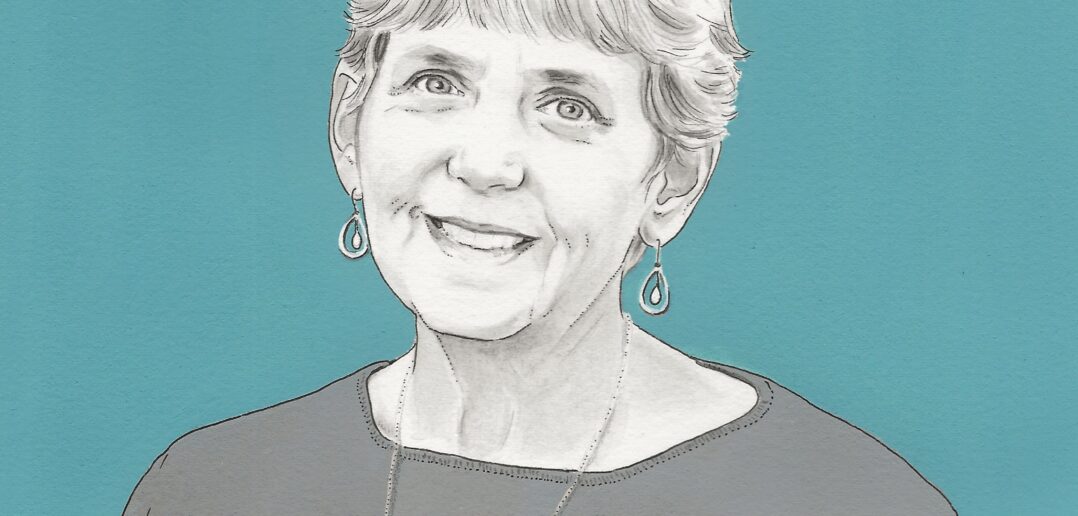How does sleep impact children’s mental health?
Mary Carskadon, PhD, has devoted her career to the study of sleep. A professor of psychiatry and human behavior at Brown and director of chronobiology and sleep research at Bradley Hospital, her findings on adolescent circadian rhythms and the importance of sleep for learning and memory have prompted schools across the US to delay start times. Earlier this year, the NIH recognized the significant potential of her research to improve kids’ well-being with a $10.1 million grant to establish the Center for Sleep and Circadian Rhythms in Child and Adolescent Mental Health at Bradley. As director of the center, Carskadon—a leader in the field for more than four decades— and her leadership team will support junior researchers to continue and expand her work.
Our internal clock is set to tell us the optimal times to sleep and to be awake, and that’s integrated with tons of other biological functions controlled by circadian rhythms. A master clock in the brain sets the tempo like an orchestra conductor for the molecular clocks in other organs’ cells. When you have jet lag, the “instruments” aren’t playing their tunes in synchrony.
This also illustrates the challenges of “social jet lag,” which we think is exacerbated in youth who have early school start times and thus are forced on a schedule that doesn’t fit their internal rhythms. For example, a Rhode Island student whose school starts at 7:30, but whose internal clock runs on California time, is jet lagged during the school week.
Sleep is a core piece of the puzzle for almost every single mental health issue in young people. Loss of sleep results in losses in psychological development, cognitive function, learning, behavioral and emotion regulation, socialization, even loss of life.
Epidemiological data show that kids who sleep too little are more likely to engage in risky behaviors; depression and suicidality have the highest increased odds ratios in youth with insufficient sleep. Many US school systems allow for too little sleep for those who cannot adjust their biological timing.
Not every kid has delayed sleep cycles—but many are really disadvantaged by this pattern. Expert recommendations call for the school bells of middle and high schools to ring no earlier than 8:30 a.m. in order to let children sleep.




